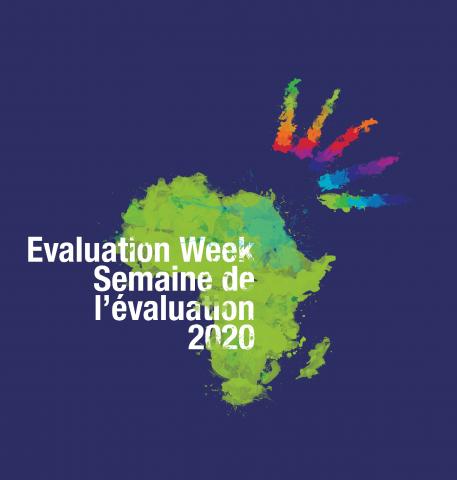
At the end of the African Development Bank’s fourth biennial Development Evaluation Week, after three days and six sessions of intense virtual discussions, with over 650 participants, six key messages have emerged around harnessing evaluation knowledge for transformational change. Under the theme: From Learning to Transformational Change in Africa: Accelerating Africa’s delivery of the Sustainable Development Goals in the Decade of Action, participants agreed that:
- The quality of operations’ design and preparation is an important determinant of the smoothness of their implementation and their achievement of development results. In 2019, the Bank launched an online Operations Academy to build staff capacity in quality, which has been attended by nearly 500 Bank employees so far.
- The case of Uganda demonstrates that a country’s commitment to putting in place mechanisms for implementing the Sustainable Development Goals is a crucial step in reaching them. Delegates learned that evaluation can usefully complement monitoring in tracking progress towards the SDGs. Reliable data is important for both monitoring and evaluation and this remains a challenge for many African countries.
- An organization that is open to learning, from evaluation and other evidence, is more likely to achieve transformational development results that contribute to the attainment of the SDGs. “A learning organization is humble, curious, open-minded, ambitious and impatient to deliver,” said Chris Chalmers the Executive Director for the United Kingdom, Italy and the Netherlandsat the AfDB.
- However, to be open to learning, there needs to be a culture in the organization, propagated from the top, that it is acceptable to make mistakes. A culture that sees shortcomings as an opportunity for learning and innovation. “We work in the development sphere so we need to take risk. We should be willing to fail by taking risk. But where we can't fail is in learning from our failures and experiences," said James Scriven, CEO of Inter-American Development Bank (IDB) Invest. For Executive Director Chris Chalmers, all individuals that make up an institution need to be open to learning, sharing lessons and understanding them. It is not only senior leadership that is important, everyone has a responsibility.
- Evaluation must be useful to the organization and should be seen as a benefit, rather than a necessary evil. As stated by Line Picard, Chief Portfolio Officer (Private Equity) at the African Development Bank: ”The utility of an evaluation starts with an open mind”.
- Evaluations should be relevant and responsive to knowledge needs. Evaluations only have value if they are used and have an impact, if they lead to improvements. For Vanessa Moungar, Director Gender, Women and Civil Society Department at the Bank, “Evaluations are most used when they are adapted to user’s needs”. The end-users and other stakeholders should be consulted and involved throughout the evaluation process. The data, findings and conclusions must be credible. And the recommendations should be practical and actionable. The results of the evaluation should be disseminated broadly, and there should be active outreach to those who are expected to learn the evaluation lessons and apply them in the design and implementation of new interventions, to actively help them learn.
"The success of the Development Evaluation Week is a testament to the importance that the Bank attributes to learning from evaluation", concluded acting Senior Vice-President Swazi Tshabalala in her remarks.
The event was organized by Independent Development Evaluation (IDEV) at the African Development Bank, an independent function of the Bank tasked with enhancing the development effectiveness of the Bank by promoting accountability, learning and an evaluation culture.
AfDB Development Evaluation Week is a biennial global knowledge event with as main objective to facilitate discourse on the role of development evaluation in supporting African countries to speed up the delivery of the SDGs. The event is aimed at Bank shareholders, management and staff; government policy and decision-makers; technical and financial partners; research and academic institutions; evaluation institutions and associations; civil society; the private sector; and the media.
All materials from the Evaluation Week will are available for download here.

